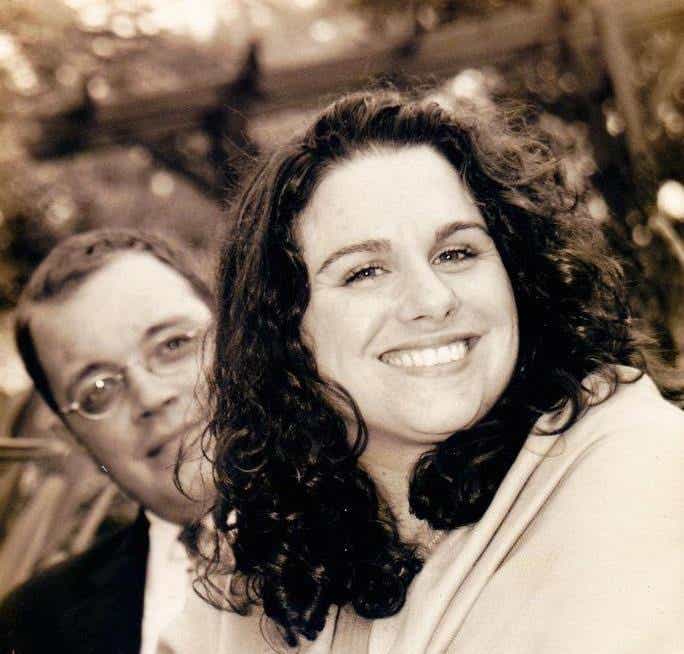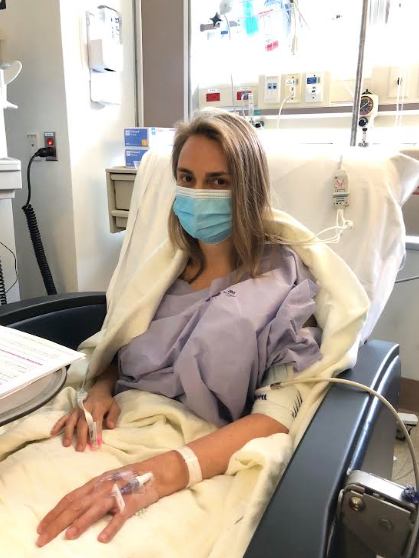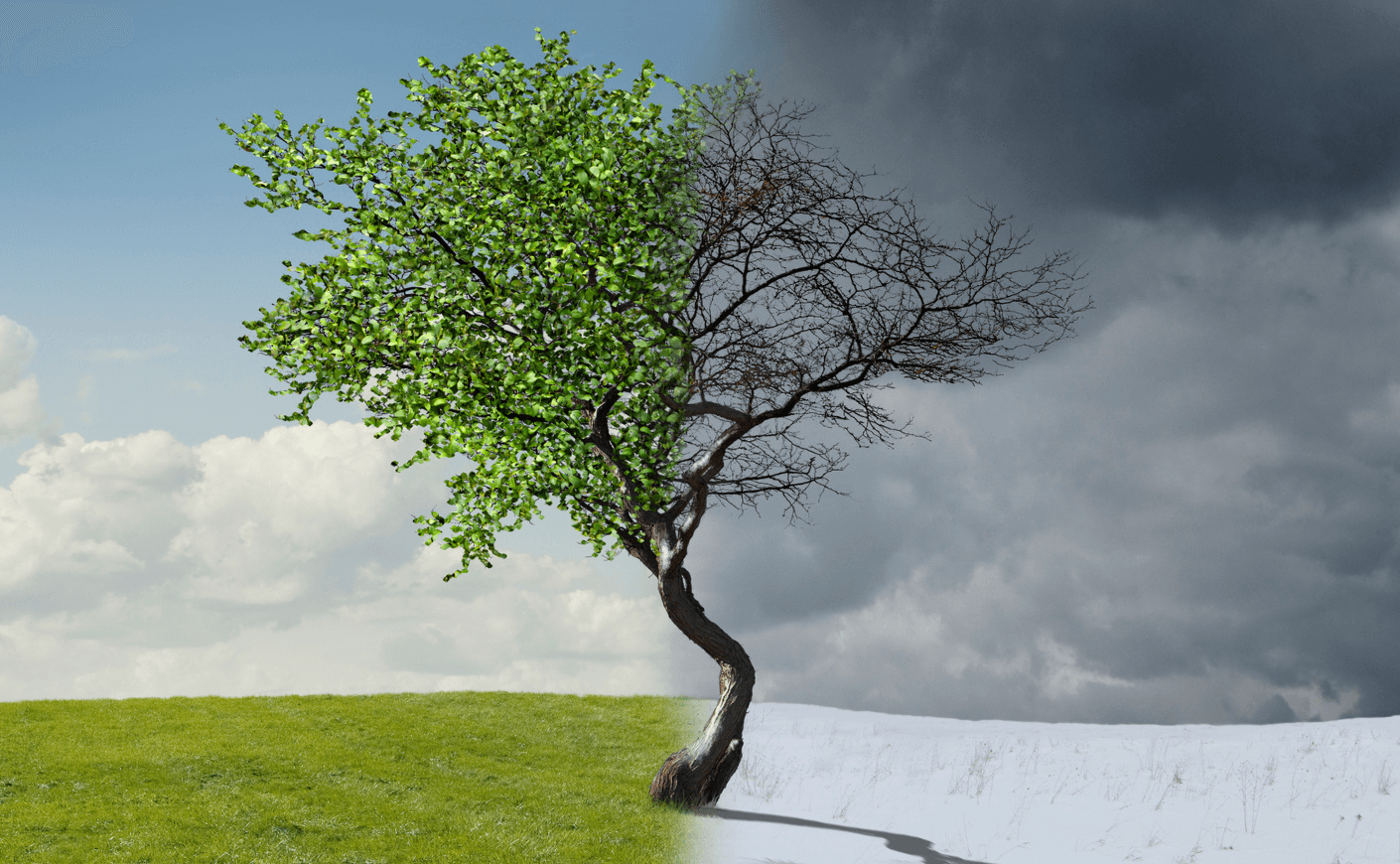Career counselors and psychologists often recommend that when you’re making big choices about your future, you should consider how your eulogy will read — so you can see if you’re living in a way that aligns with your values. Still, really thinking about the inevitability of our death is much easier said than done. But what if facing death can teach us how to live?
Author Barbara Becker, who’s also an interfaith minister and a hospice volunteer, says death doesn’t have to be a scary topic to discuss — and that exploration is the main focus of her 2021 book, Heartwood. (Which, when we recently asked Wake-Up Call readers to name a book that had changed their lives, was name-checked many times.)
While it may seem counterintuitive, Becker says living with the end in mind can be immensely empowering. “Delving into the deep sorrows and the deep joys of life can be uplifting,” she tells us. “My approach is about living life with well-being and richness, rather than fear.”
We all have to face our own mortality sooner or later. For Becker, it was a concept that wasn’t entirely unfamiliar: She grew up next to a cemetery, where she regularly saw people coming to visit their loved ones. Her parents also happened to be a doctor and nurse duo who worked with critically ill patients; she also watched her mom and dad take care of both of her dying grandmothers in the family home.
But the stark reality of death hit Becker especially hard when a close friend, Marisa, was diagnosed with a terminal illness in 2010. That tragedy inspired Marisa to make the most of the time she had left. “When she was given just one year left, she lived so fully and so admirably,” says Becker. “She spent quality time with her friends and family, and even went ahead and married her college sweetheart.”

Processing that important but traumatic experience eventually prompted Becker to explore the concept of dying and grief in her debut memoir, Heartwood: The Art of Living with the End in Mind. The word “heartwood” is an arborist’s term for the innermost, strongest part of trees — which also happens to be technically dead.
“The people that we’ve loved and lost, like my friend Marisa, all form my heartwood through memories,” says Becker. “They’re an enduring sense of strength, and it gives me comfort in hard times to know that they’re still a part of me.”
Just when Becker was planning to celebrate the release of her book in May 2021, she faced yet another intimidating obstacle: being diagnosed with breast cancer. She says that the medical crisis offered her a whole new perspective on living in the present (though it was obviously terrifying). Luckily, as Becker was struggling to cope with the uncertainty of her condition, a friend offered some pertinent wisdom. “My friend told me that I was trying to write chapter 24 of my life when I was only on chapter four,” she says. “That’s such a great example of being present, rather than worrying about the future, or even glancing backward, to what we could have or should have done.”

Becker is currently in remission and Heartwood went on to win the prestigious Gold Nautilus Award. But while the book advocates accepting the inevitability of death, Becker says that acceptance doesn’t mean you can’t be devastated to lose someone you love — whether that’s the grandfather who lived to 100 years old, or a baby who never got to experience life. “There’s no hierarchy of grief,” she says. “Whether it’s a grandparent’s death or a miscarriage, it’s important. It doesn’t make sense on a compassionate level to minimize any death or loss.”
There’s also no set timeline for grief, says Becker, and it often comes in waves: The author says she still gets choked up by memories of her late dad whenever she goes to the supermarket and sees his favorite muffin. So it’s important to be kind and patient with yourself. “Grief is not linear — you don’t necessarily go through the days and months immediately following a loss, then feel like it’s gotten better and in a year you’re OK,” she says. “It’s important to honor the cyclical nature of grief, and be open enough to tell people that you’re having a hard day.”
Ultimately, Heartwood argues that accepting death and all the complex emotions that come with it can help us live more fully and be more present for ourselves and others. “It’s about becoming a more compassionate and connected world,” says Becker, “because the story of death can also be the story of hope.”









